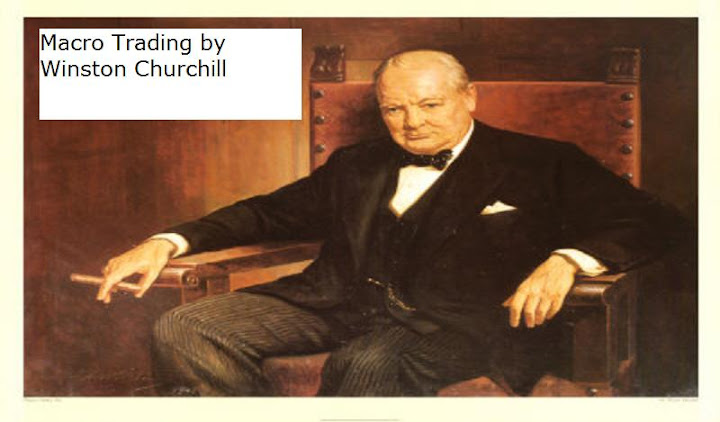Dear All,
I am making a longer Chronicle later today but the latest 48 hours deserve a few comments:
The Enron-i-sation of Europe – finding solutions through SPV’s speak for themselves. Apart from the inability to being implemented (if German constitutional court is heard) it’s also a slippery road towards permanent aid. Hiding debt in more and more obscure vehicles (EIB et al) is similar to Enron having 1000s of SPV hiding the “real issue”. Debt is debt. It needs to be paid back or someone needs to take a loss!
- New financial tax: This is major game changer – this is in my opinion the beginning of the end for Europe – the “new new” in this scenario is that G-20/EU seems to have found an academic documentation that the tax may not need be applied “universally” – they mention domestic taxes in India(not freely trading market) and UK. This is simply wrong – banks are now meeting around Europe to move their operation outside the EU – this will not work, but it will be implemented by populous demand. Socialism is good as long as there is money to be taxed. Government created/printed money, banks took them and now government will tax is the logic. The suggested (not confirmed) level of taxes are 0.1 pc on shares and bonds (1 mio. EUR equals “tax” of 1.000 EUR) and 0.01 on derivatives or 1.4 pips on each side of EURUSD! This is MASSIVE tax……. And as such shows that my Maximum Intervention concept is now operating a top speed.
I am extremely depressed about the above – we are no longer doing two steps forward, three steps back, but one step forward and ten back. Furthermore the so called “Plan” for saving Europe is not reality. All my sources confirm, again and again, that is desperate attempts to find the right path through this mess. The people in the know, realize there are no longer any good solutions only pain. The pain from here is either 2-5 years of recession or 10-15 years. Enron-i-sation & tax makes this week the new low in solidarity, rationality and solution seeking.
Strategy:
Cash is king – and cash in UK, Switzerland, Singapore, and US even more King-ish. I remain EXTREMELY bearish on this – seeing the tax as the catalyst for the final 5th wave down in the market, although it will take one-two-or even eight weeks before market realize it. It is not about ‘return on your money’ but whether you get your money returned.
Med venlig hilsen | Best regards
Steen Jakobsen | Chief Economist
Saxo Bank A/S | Philip Heymans Allé 15 | DK-2900 Hellerup
Phone: +45 39 77 40 00 | Direct: +45 39 77 62 23 | Mobile: +45 51 54 50 00
Please visit our website at www.saxobank.com
If you are not the intended recipient (or have received this email
by mistake), please notify the sender immediately and destroy this
email. Any unauthorised copying, disclosure or distribution of the
material in this email is strictly prohibited.
Email transmission security and error-free status cannot be guaranteed
as information could be intercepted, corrupted, destroyed, delayed,
incomplete, or contain viruses. The sender therefore does not accept
liability for any errors or omissions in the contents of this message
which may arise as a result of email transmission.
.jpg)









